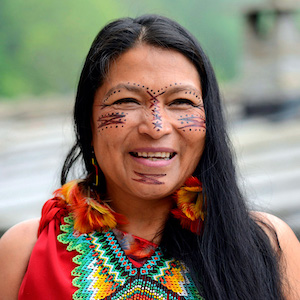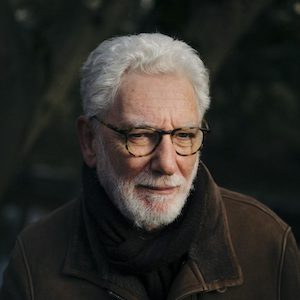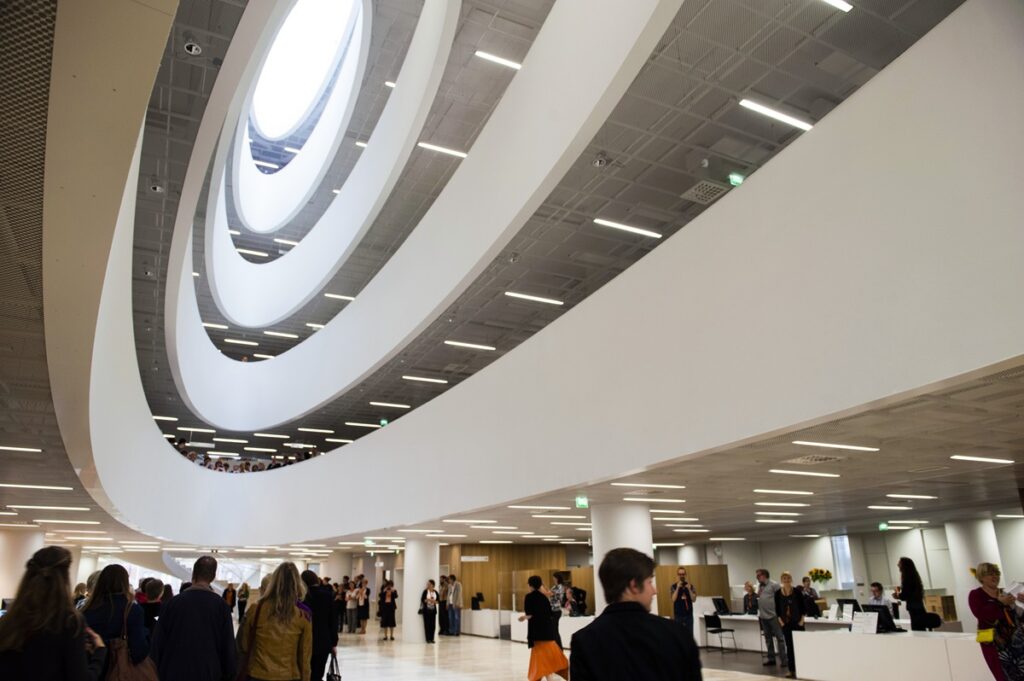
2025 SALSA XV Biennial Conference
University of Helsinki
4-6 August 2025
Preliminary Program
Preliminary Panels, Workshops and Special Events
The XV SALSA Biennial Conference 2025 will take place at the University of Helsinki, on August 4-6th, 2025. Conference Organizer and Academic Program chairs are working alongside the university’s Indigenous Studies Program, to foster collaboration between Lowland South-Americanists in an extraordinary setting. Building on the cosmopolitanism of the SALSA community and relying on the University of Helsinki’s longstanding role as a venue for Indigenous Sámi scholars, as well as the Global Indigenous Study Programme’s groundbreaking approach to Indigenous social life and politics, the Conference will offer a rare opportunity to further SALSA’s mission while broadening our community’s conversations and multiplying our interlocutors.

This year, funds will be used to support Indigenous and traditional peoples’ participation in SALSA’s XV Biennial Meeting in Helsinki. Donations are tax deductible in the U.S., as SALSA is 501(c)3 non-profit organization. Thank you for considering supporting SALSA’s ability to make our meetings more inclusive of traditional voices and perspectives.
Visa requirements: Citizens of Ecuador, Bolivia, Guyana and Suriname are required to obtain a visa to enter Finland.
Academic Program
Preliminary Conference Program
Preliminary Panels, Workshops and Special Events
Please find HERE a list of all panels, workshops and special events that have thus far been accepted at the Salsa 2025 Conference in Helsinki (4-6 August). These events are marked as either ‘open’ or ‘closed’. Open events accept submissions and participants who want to present papers or discussions that they feel may fit into one of the open events are encouraged to contact the organizers and to indicate the name of the event that they will be submitting to in the submission form. Closed events do not accept submissions. All events, whether open or closed, panels, workshops and special events, can be attended by everyone enrolled in the conference.
Proponents whose work does not match with any of the accepted panels are encouraged to submit their work as an ‘independent paper’, and, if accepted, it will be grouped into a panel by the conference organizers. Participants can present a paper in one panel only, but can also act as discussant in another panel. In that case, they should fill out separate forms for each one of their roles.
Questions related to a specific panel/workshop/special event should be directed to their organizers. Any other queries, please do not hesitate to get in touch with the academic organizers of the conference: Minna Opas and Luiz Costa (salsaconference2025@gmail.com).
The call for Individual Papers, Posters, Contributions and Films is now closed
Conference Highlights
Welcome Reception
On Monday, August the 4th of 2025, a Welcome Reception will be offered at the City Hall of Helsinki.
Keynote Dialogue
Shuar poet, intellectual and presenter Maria Clara Sharupi Jua has accepted our invitation to dialogue with Philippe Descola for the Keynote Dialogue at the SALSA XV Biennial Conference.
Conference Dinner
On Tuesday the 5th or Wednesday the 6th of August, the Conference Dinner, included in the registration fee, will take place, including a concert by the Sámi artist Áilu Valle.
About Helsinki
Helsinki offers a vibrant blend of culture and nature, often intertwined in unique ways. The city is located by the harbor and surrounded by the rich archipelago, perfect for day trips. You can visit nearby islands by ferry to enjoy attractions like public saunas or explore natural parks accessible via metro or bus. Helsinki is a compact, cozy, and easy-to-navigate city, and green during the summer. Weather in Helsinki is quite nice in the beginning of August!
How to get around: Transportation
Co-Creations and Silences in Amazonian Research
The concept of co-creation is central to ethically sustainable research, emphasizing mutual respect and benefit, and shared knowledge between researchers and research participants. Co-creative and reciprocal approaches often remain absent in interactions between local Amazonian communities of all sorts and different kinds of societal actors. This conference invites participants to reflect on co-creation and (de)colonial practices in research and society at large. We wish to explore both the contexts and practices of co-creation that permeate research and other social relations, including more-than-human actors. We also wish to investigate silences — both intentional and unintentional— which can significantly impact social relationships and research, but which often remain overlooked. Such silences may arise from historical trauma, ignorance, politics, differential power relations or the imposition of dominant research paradigms that marginalize voices. We investigate how these silences can be recognized, understood, and addressed within research and by different researchers.
Questions considered by the conference could include the following: How are different positions of power and voices operationalized in research, and what is being silenced? How can people from diverse backgrounds (Indigenous, ethnic, economic, class- and/or sexual backgrounds, and (de)politicized non-human actors) have voice? What kinds of relationships and webs of relations does research create? How to go beyond listening to the silences and toward engaging in actual dialogues between equals in research? What forms or language can dialogue and co-creation take when participants and presences include more-than-human beings, rivers, ancestral beings, spirits, birds, endangered species, corporations, machinery, technology, cattle, pests, and toxins, among others? In co-creative relations, ethical issues are important. Who has the authority to give consent to research? Whose silences can be identified and who is missing?
Conference Organizing Team
Conference organizer
Pirjo Kristiina Virtanen, University of Helsinki.
Co-organizers
Francisco Apurinã (postdoctoral researcher, U. of Helsinki).
Olli Kaukonen-Lindholm, Pierre Auzerau, Jimena Bigá, Sini Korja (PhD researchers, U. of Helsinki).
Tuija Veintie (senior researcher, U. of Helsinki).
Academic Program Chairs
Minna Opas, University of Turku, Finland.
Luiz Costa, Museu Nacional, UFRJ, Brazil.
With the Support of
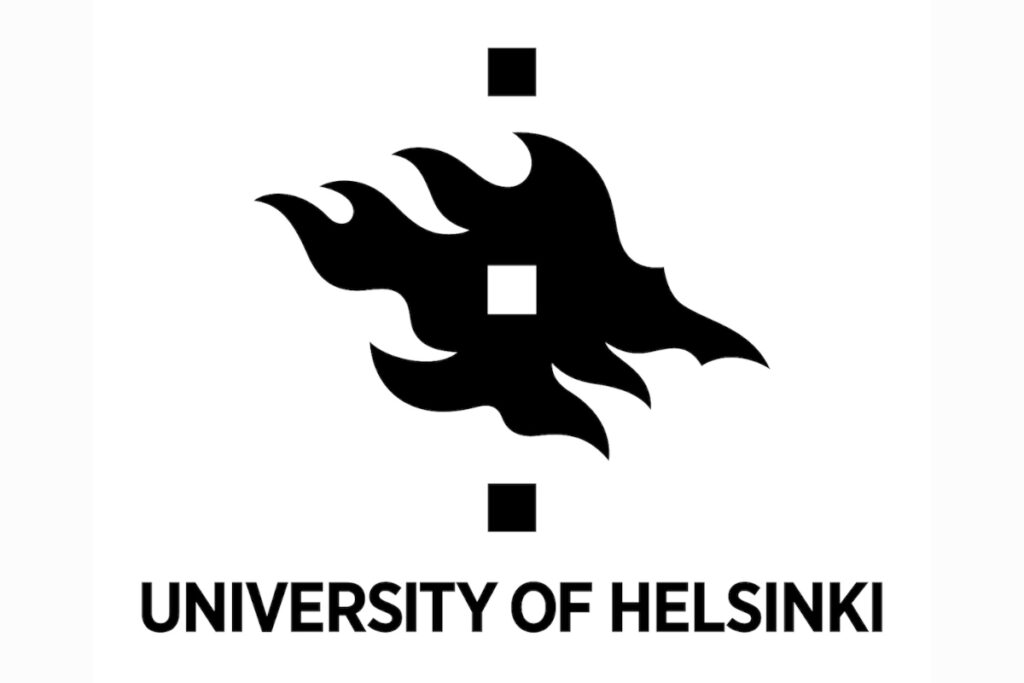

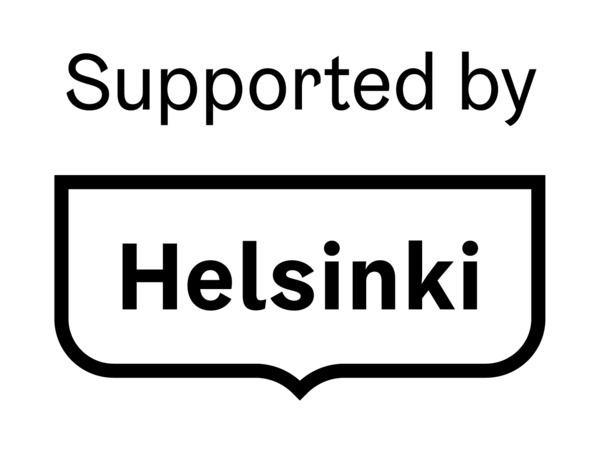
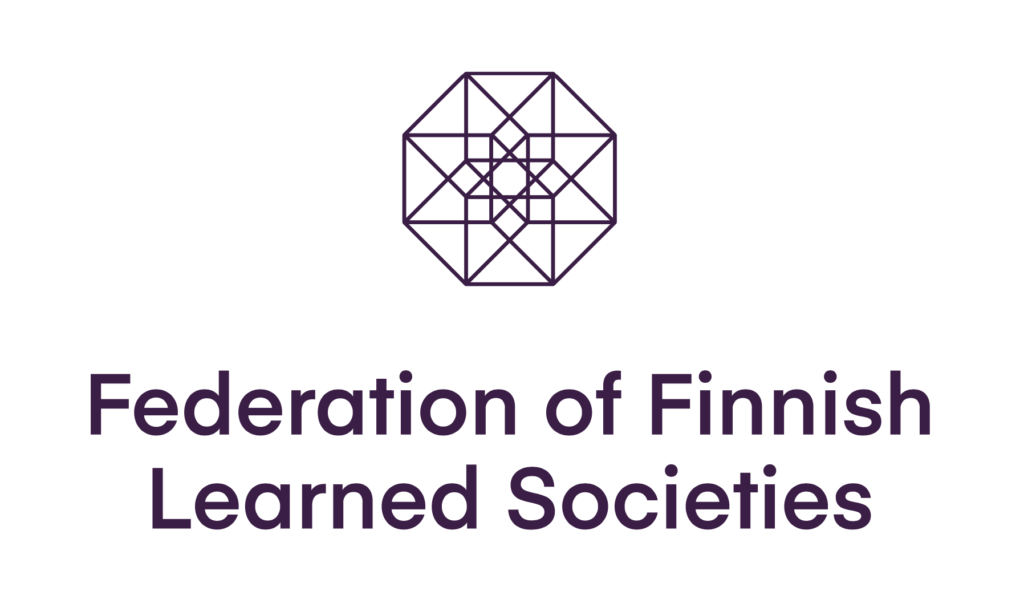

Webpage: https://salsa-tipiti.org/salsa-conferences/2025-helsinki/
Contact: salsaconference2025@gmail.com
Featured image: Kaisa Library of the University of Helsinki.

